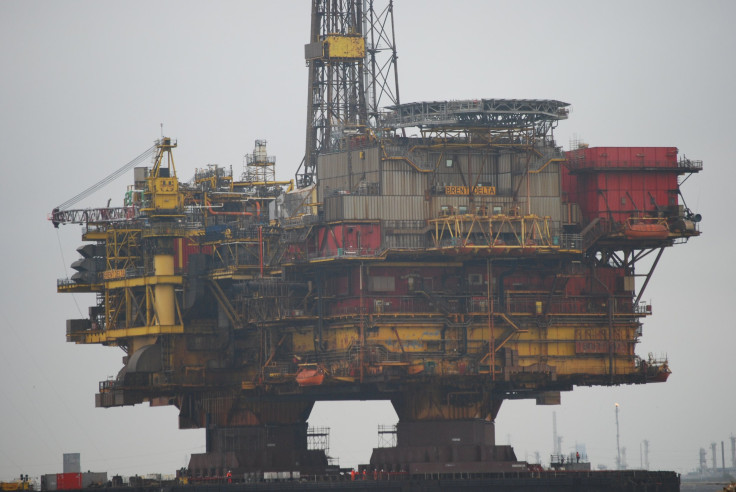Mexico announced Saturday it’s boosting the rollout of renewable energy and is making efforts in cutting greenhouse gas emissions.
The country would aim to cut down emissions by 35% compared to doing nothing by 2030, said Foreign Minister Marcelo Ebrard, reported the AP News. The figure is up from a pledge of 22% cuts that Mexico had made two years ago. Mexico will double its investments in clean energy over the next eight years to achieve the goal.
The country will expand protected forest areas, reduce methane emissions from its natural gas industry and boost electric car use. ABC News reported that Ebrard made the announcement of the new target alongside U.S. climate envoy John Kerry. It was announced on the sidelines of the U.N. climate talks in Egypt.
Kerry told reporters that this is a "huge, significant shift from where Mexico was last year in Glasgow." He shared that Mexico has “extraordinary availability of sun, extraordinary availability of wind power." Ending gas production flaring would help Mexico in saving an estimated $1.7 billion dollars.
Mexico also announced Monday that it plans to increase the amount of power that it generates from renewable sources of energy, Yahoo! News reported. It will deploy more than 30 additional gigawatts of annual electricity generation from solar, wind, geothermal and hydropower by 2030. Mexico aims to generate more than 40 gigawatts of power from solar and wind by the end of the decade.
According to the U.S. Energy Information Administration, as of 2019, the country had 80 gigawatts of installed electricity generation capacity. The majority of that comes from natural gas. Renewables, on the other hand, account for 10% and hydropower 7%. So the new aim would represent a huge shift toward a largely renewable energy portfolio if Mexico manages to meet its new target.
On Monday, China and the U.S. also achieved a diplomatic breakthrough when President Joe Biden and Chinese President Xi Jinping agreed to restart talks on stalled climate change. Kerry has been making efforts to persuade many developing countries to take new actions to decarbonize their economies. He has been offering assistance to do so.
Last week, Germany, France, the U.K., America and the European Union countries agreed to jointly mobilize $8.5 billion to finance South Africa's deployment of electric vehicles. The money would also help South Africa to deploy clean energy and a new low-carbon source of energy called "green hydrogen." Indonesia announced on Monday the planned retirement of a coal-fired power plant. It was done with assistance from the Asian Development Bank.

© 2025 Latin Times. All rights reserved. Do not reproduce without permission.





